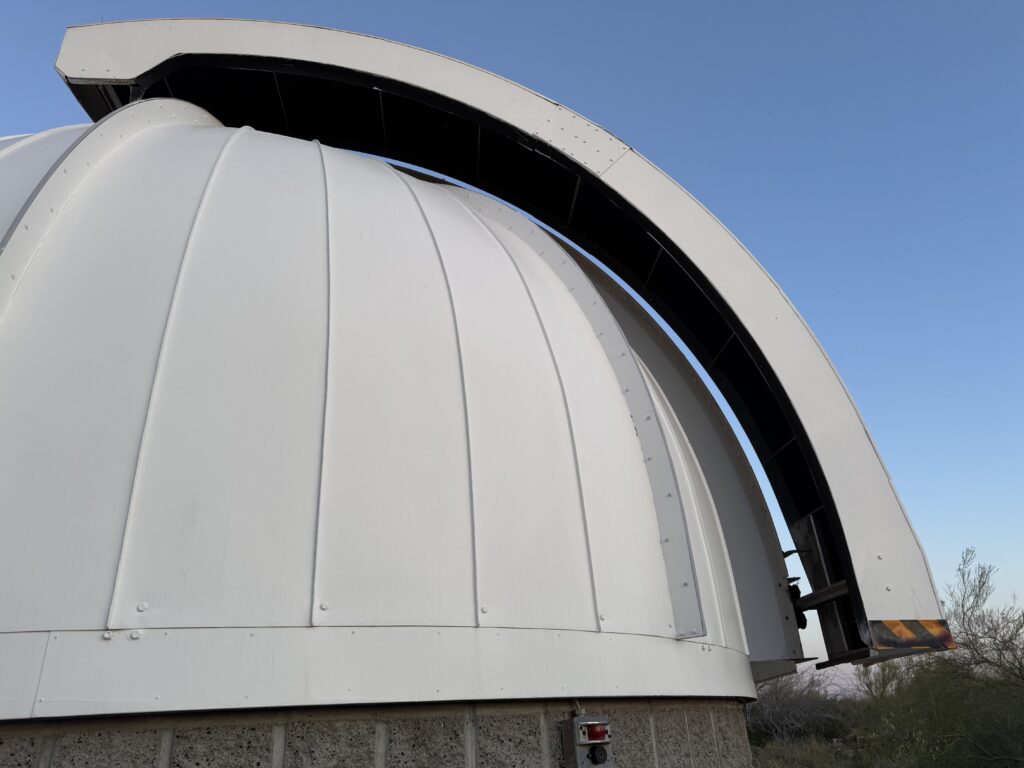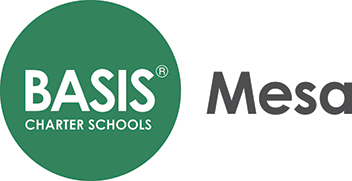People Photon Watching
Hey everyone, how’s it going?
Nothing too exciting has happened this last week, so let me tell you a bit about the kinds of people I’ve seen throughout my project thus far (the title comes from how everything we see is because of photons going into our eyes). Firstly, as a part of my work at Mesa Community College’s planetarium, I look up information to answer questions when Mr. Enos takes wide-ranging questions from the audience, and I’ve seen a lot of odd things while doing it. One time, a little girl came up to my computer behind the audience, which nobody has done before or since then, and she showed me the monster truck she was holding and said something like “I like monster trucks a lot, do you like monster trucks?”. Also, later on during the question portion of the night, she asked what would happen if a giant monster truck destroyed the universe, which was pretty hilarious. The last time I was there a boy around my age, to settle an argument, asked if 1 billion lions would be able to form a black hole. I then spent 5 minutes doing calculations to determine that no, 1 billion lions would not be able to reasonably form a black hole because they wouldn’t get close enough together.
At the Gilbert Rotary Centennial Observatory, I’ve seen a lot of different people. It’s probably been well over a thousand different people. One time I distinctly remember was when we were doing the planetary parade event, and a boy, probably about 3 years old or so, was jumping up and down for joy when he got the the front of the line and was about to see Jupiter. Also, this previous Friday a girl who was probably 1 year old, kept waving and me from her stroller and saying “hi” over and over and over again. I lost track of how many times she said it, but every time she did I would smile at her, wave back, and say “hi” in return. It also seems like there’s a lot of people who don’t like to listen to instructions that go to the observatory because there have been countless examples of someone hitting their head on the doorframe, which is very low, after I told them to watch their head or touching the lens right after I said to not touch it at all costs. Someone also walked into the weights of the telescope that are meant to balance the weight, right after I told them to watch out for the weights because they are very heavy and dangerous.
On a slightly off-topic note. People watching is something that I’ve always unconsciously done because I am very observant of my surrounds. When I conciously do it however, I find myself enjoying seeing how other people go about their day to day lives in a way that is different from my own.
As promised, here are two pictures. The first is a picture of the “door” to the observatory. I’ve always found it really cool of observatories have doors that open outwards so the telescope can peek through, and it’s been awesome being able to open and close one myself. It is kind of a pain though because I have to do it with a hand crank on a ladder. The secons picture is one of the night sky a few days ago, and you can distinctly make out Jupiter as the brightest object just a bit right from the middle. What I wanted to talk about the most with it is the haze the you can see in it. To the naked eye, it is practically invisible, and it can only be visualized with a long exposure like I used. It’s a really thin layer of clouds, but it blocks most of the light that comes through it. Unfortunately, that night at the observatory the haze was covering pretty much everything, so we could only look at Jupiter because it is so bright and the Orion nebula because it was not covered.



Comments:
All viewpoints are welcome but profane, threatening, disrespectful, or harassing comments will not be tolerated and are subject to moderation up to, and including, full deletion.